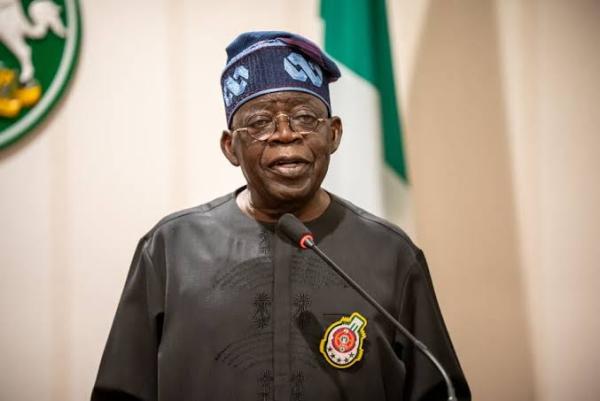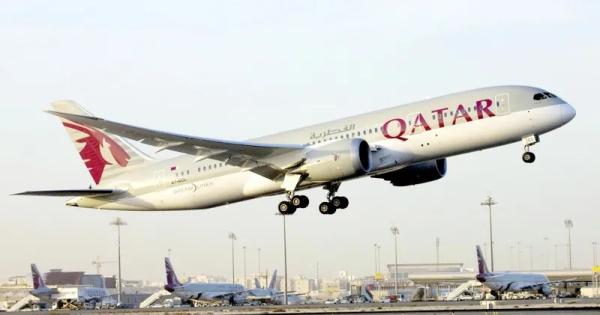
Nigeria has delayed the publication of key economic statistics, including GDP data that are expected to officially confirm the west African economy is in recession.
On Twitter, the outgoing head of the country’s stats agency, Yemi Kale, said second-quarter GDP data will “now be released 31 August”, along with figures on trade and employment. “We regret any inconvenience the delay has caused,” Kale wrote.
The figures are typically released by the National Bureau of Statistics in the third week of August. Last year, they were published on August 25, writes Maggie Fick of the Financial Times.
The International Monetary Fund last month sharply slashed its growth forecast for Africa’s largest economy, saying it would contract by 1.8 per cent this year, down from its estimate in April of 2.3 per cent growth for the year.
The slowdown was triggered by tumbling crude prices and is heaping pressure on the government of Buhari, who took office 15 months ago amid huge expectations, following the first democratic transition of power to an opposition candidate in Nigeria’s history.
Finance officials told his cabinet late last month that revenue for the first half of the year in Africa’s top oil producer had come in at about half the government’s projection. The shortfall suggests the government’s plan to boost the economy through increased spending on infrastructure will struggle to take off this year.
Kemi Adeosun, Nigeria’s finance minister, said that infrastructure projects would go ahead in the fourth quarter of 2016, once the country secured funding from abroad to plug the $11bn budget deficit.
Nigeria, which had been one of the continent’s star performers during the oil boom, depends on petrodollars for about 70 per cent of revenue and 90 per cent of export earnings.
“We need to put more money in the system and it needs to flow round to the critical sectors in order for things to start stabilising,” said one minister.
But he added that recent policy changes — including easing the naira’s peg to the dollar — would not yield results for at least six months.
A former government official from Katsina says that in the northern state, civil servants’ salaries had consistently been paid on time since the country made the transition from military to civilian rule in 1999. But this year, in Katsina and many of the country’s other 35 states, local administrations have been delaying monthly wages.
“These are uncertain times,” the former official adds.
Foreign investors steadily lost confidence in the government’s ability to manage the declining economy during Buhari’s first year in office, partly because the president backed the central bank’s insistence on maintaining the currency peg and its decision to implement foreign exchange controls that exacerbated a dollar shortage.
The central bank finally decided to allow for a more flexible exchange rate in June as it bowed to pressure from markets and investors.
But analysts and bankers continue to question the functioning of the market. The exchange rate hovered at just below N280 to the dollar for the first four weeks of the new system, but it then fell in late July and sat at N322 at the end of last week.
Analysts say that a truly free float would involve the exchange rate weakening even further for a time as the market clears pent-up demand for several billion dollars.
For now, liquidity remains thin, and manufacturers are complaining about dollar access for imports of raw materials.
Yvonne Mhango, Africa economist at Renaissance Capital, sees the apparent reluctance by the monetary authorities to move to full liberalisation as a big reason for a poor macroeconomic outlook.
“Even if they allowed the exchange rate to float, it will be a while before the sectors that are attractive for investors become appealing once again,” she adds.





















